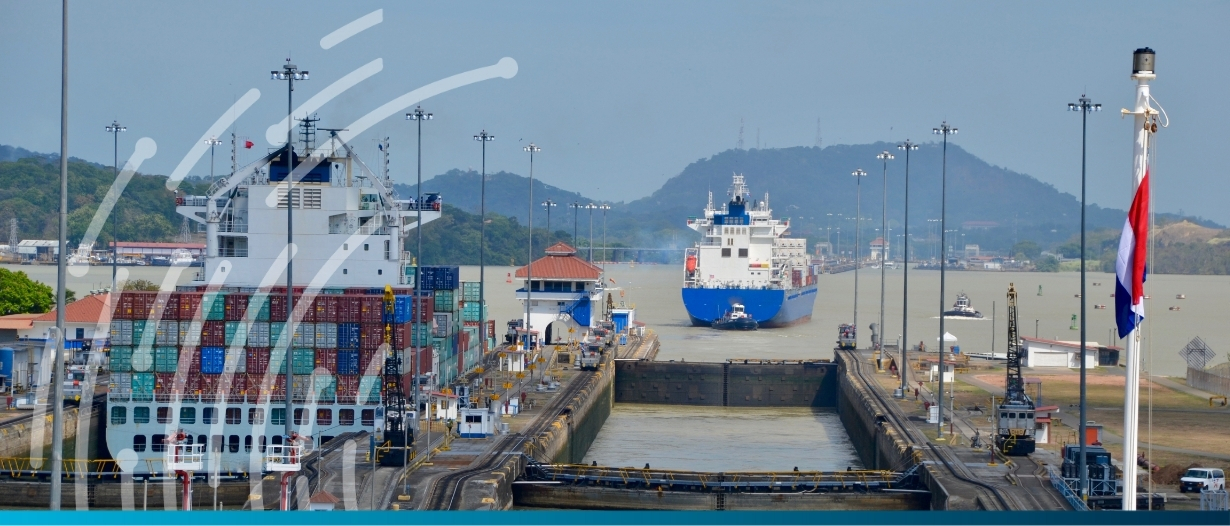Investment giant BlackRock’s plans to buy the Panama Canal, likely motivated by US President Donald Trump’s insistence on restoring the crucial trade route to US control, look set to encounter pushback from the Panamanian government.
Panama’s President José Raúl Mulino said on Wednesday 5 March that Trump was “lying” about the US reclaiming the canal, which Mulino said “is Panamanian and will continue to be Panamanian.” On Friday, Panama announced its Maritime Authority, which is responsible for oversight of Panama’s port infrastructure, would request all legal and financial documents involved in the sale of two key ports on either end of the Canal to a group of investors backed by the US asset management firm.
In the first months of his presidency, Trump has made aggressive foreign policy a centrepiece, with bids to increase US involvement in Gaza, buy Greenland, and a much-rebuffed plan to take over Canada. Trump has also been increasingly vocal about taking back the Panama Canal, which the US built but ceded to the Panamanian government in 1999.
The waterway is now run by the Panama Canal Authority (AMP), an independent entity whose board is appointed by the government. In his State of the Union speech, Trump said the US was “taking back” the canal, accusing the Panamanian government of having “essentially given it, ceded it, to China”. While the canal itself is under AMP control, the key ports of Cristobal and Balboa, at either end of the waterway, are operated by Hong Kong firm CK Hutchinson under a 25-year concession. The two ports regulate access to the canal from the Atlantic and Pacific oceans, respectively, acting as crucial logistics points for goods between the US, Latin America, and the rest of the world.
The sale, which has not been finalised yet, would see CK Hutchinson hand over an 80% stake in the two ports, as well as 41 other ports across 23 countries, to US investment giant BlackRock for £17.8 billion. Frank Sixt, co-Managing Director of CK Hutchinson, said in a statement that “the transaction is purely commercial in nature and wholly unrelated to recent political news reports concerning the Panama Ports”. However, Bloomberg reported that Larry Fink, CEO of BlackRock, pitched his plans to Trump on the phone before finalising the deal.
The canal is one of the world’s busiest shipping routes, handling 5% of global maritime trade and 40% of all US container traffic. The waterway looks set to become even more crucial as trade routes shift: proposed sanctions to Mexico and Canada could see an increase in maritime trade to the US, increasing traffic in a canal that already sees over 14,000 ships pass through it a year.
Government opposition, however, could slow or even halt BlackRock’s acquisition: the transaction must be approved by the government, which has been publicly critical of plans to cede control to the US.
This may in part be motivated by Trump’s stated intentions to force authorities to stop charging US companies for transit. Panama’s economy rests heavily on the canal, which accounts for almost a quarter of the country’s GDP, and 70% of ships passing through the waterway are bound for the US.
On the other hand, a new administration under US control could drive investment to the ports, increasing efficiency and reducing delays. While less vulnerable to recent shocks than other global shipping hubs, the Panama Canal has seen disruptions due to cyclone-driven droughts and geopolitical risk, leading Maersk to temporarily reroute some of its goods to rail freight last year. A more modern and resilient canal could bode well for global trade, but disruptions caused by US-Panama tensions place a key trade route at more risk than usual.























